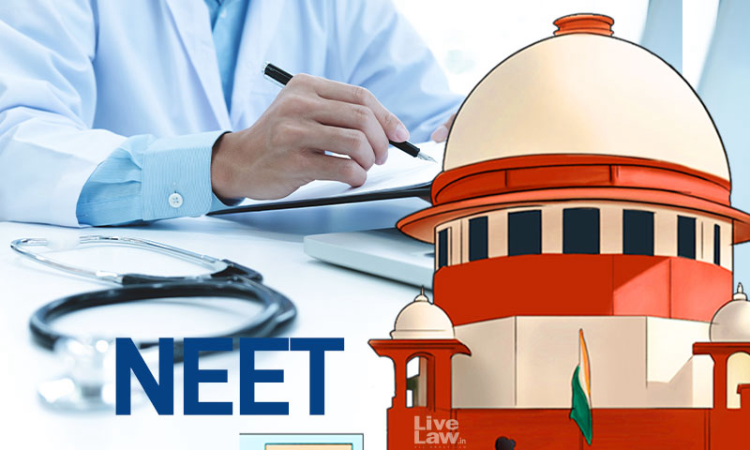NEET-PG : Supreme Court Protects Provisional Allotment To Visually Impaired Candidate; Allows Him To Participate In Ongoing Counselling
Mehal Jain
19 Feb 2022 10:04 AM IST

[NEET-PG]Supreme Court Permits Visually Impaired Candidate To Participate In Ongoing Counselling Process; Directs To Not Disturb Provisional Allotment
Next Story


